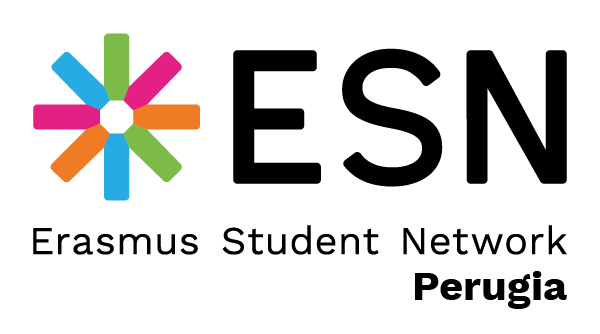The Erasmus experience is often portrayed as an exciting adventure — a time for parties, new friendships, and cultural discovery. And it’s true! But beneath the sparkling surface lies a deep journey of personal growth that can both challenge and strengthen our mental well-being.
On the occasion of World Mental Health Day, we want to explore how Erasmus can affect our minds and how we can face these challenges to live a fulfilling and conscious experience.
Common Challenges During Erasmus
Going on Erasmus means stepping out of your comfort zone and facing significant changes. It’s normal to experience a range of emotions, some of which can be quite complex:
-
Homesickness and loneliness: Being away from home, friends, and family can cause nostalgia and feelings of isolation, especially in the beginning.
-
Culture shock and adaptation difficulties: Language barriers, new habits, and a different academic system can lead to frustration and make adjustment harder.
-
Social pressure and FOMO: Erasmus environments are often very dynamic, with endless social opportunities. The pressure to always be active and “make the most” of the experience can create anxiety and fear of missing out.
-
Practical problems and stress: Bureaucracy, finding accommodation, and managing finances in a foreign country can be significant sources of stress.
-
Questioning yourself: Away from their usual environment, many Erasmus students reflect on their identity, goals, and future. This can be stimulating, but also destabilizing.
Tools and Strategies for a Mentally Healthy Erasmus
Despite the challenges, Erasmus also offers unique opportunities to develop resilience and self-awareness. Here are some practical tips to take care of your mental well-being during your stay:
-
Acknowledge and accept your emotions: Feeling low, anxious, or disoriented is normal. Don’t suppress these feelings — try to understand them. Talking to someone you trust is the first step.
-
Build a support network: Don’t isolate yourself! Make friends with other Erasmus students and locals. The ESN Perugia volunteers are a great resource for support and advice.
-
Maintain a routine: Even if Erasmus can be unpredictable, try to establish a basic routine for meals, sleep, and physical activity. This helps create stability and a sense of normality.
-
Explore mindfully: Enjoy discovering your new city and culture, but don’t feel obliged to attend every single event. Find a balance between social activities and personal time.
-
Take care of your body: A balanced diet, proper sleep, and regular exercise are essential for mental health. Walking, playing sports, or simply spending time outdoors can make a big difference.
-
Use available resources: The University of Perugia, the University for Foreigners of Perugia, and Adisu offer free psychological support services for international students. Don’t hesitate to reach out if you need help.
-
Stay connected with home — in moderation: Video calls with friends and family can be comforting, but try not to rely on them excessively. The goal is to integrate into your new environment.
-
Set realistic goals: Don’t expect every day to be perfect. There will be ups and downs. Accept that adapting takes time.
Facing and overcoming these challenges makes Erasmus a powerful catalyst for personal growth. By the end of the journey, many students return home more resilient, independent, empathetic, and self-aware.
Erasmus is much more than just a semester or a year abroad — it’s an investment in your future, not only academically or professionally, but above all, personally. Taking care of your mental health during this adventure is crucial to making the most of every moment.
Remember: you are not alone. ESN Perugia is here to support you and remind you that asking for help is a sign of strength, not weakness.
Take care of yourself — your mental well-being is your most precious resource.
by Giulia Grasso
